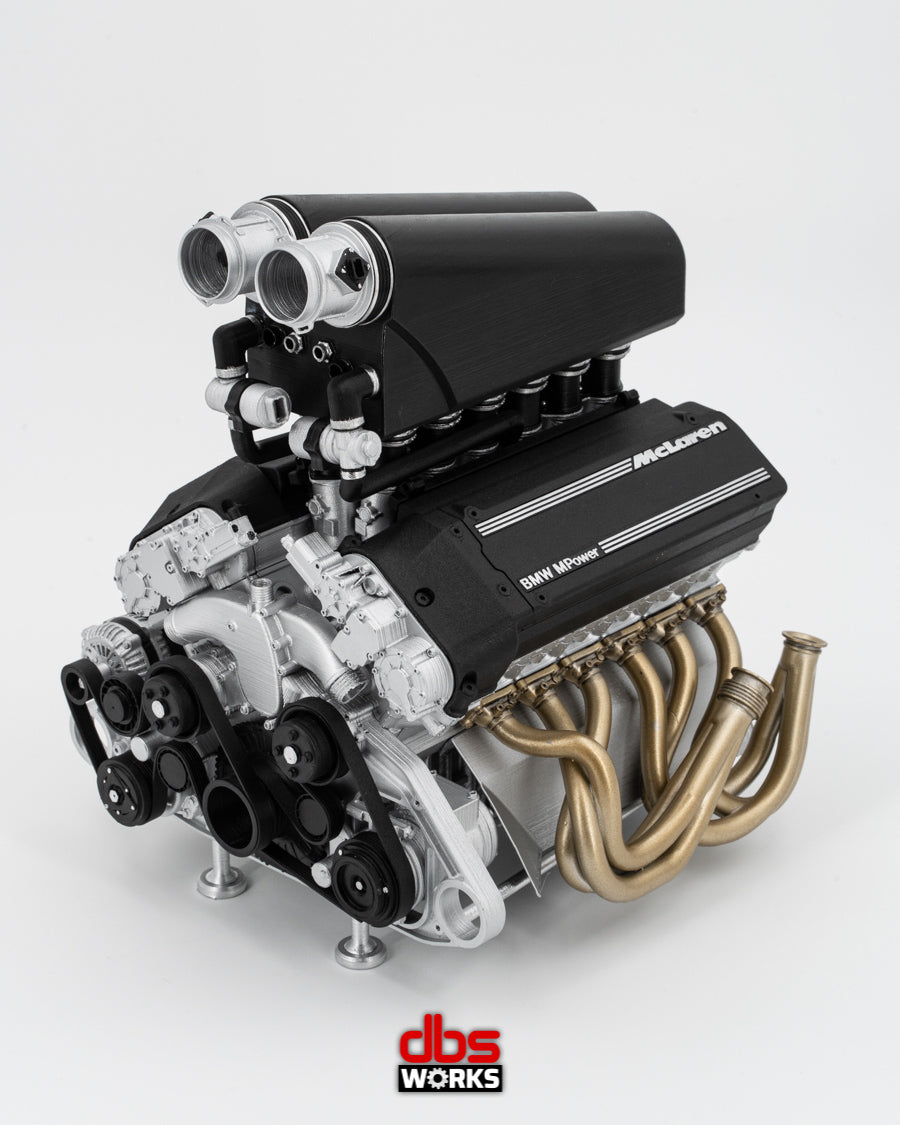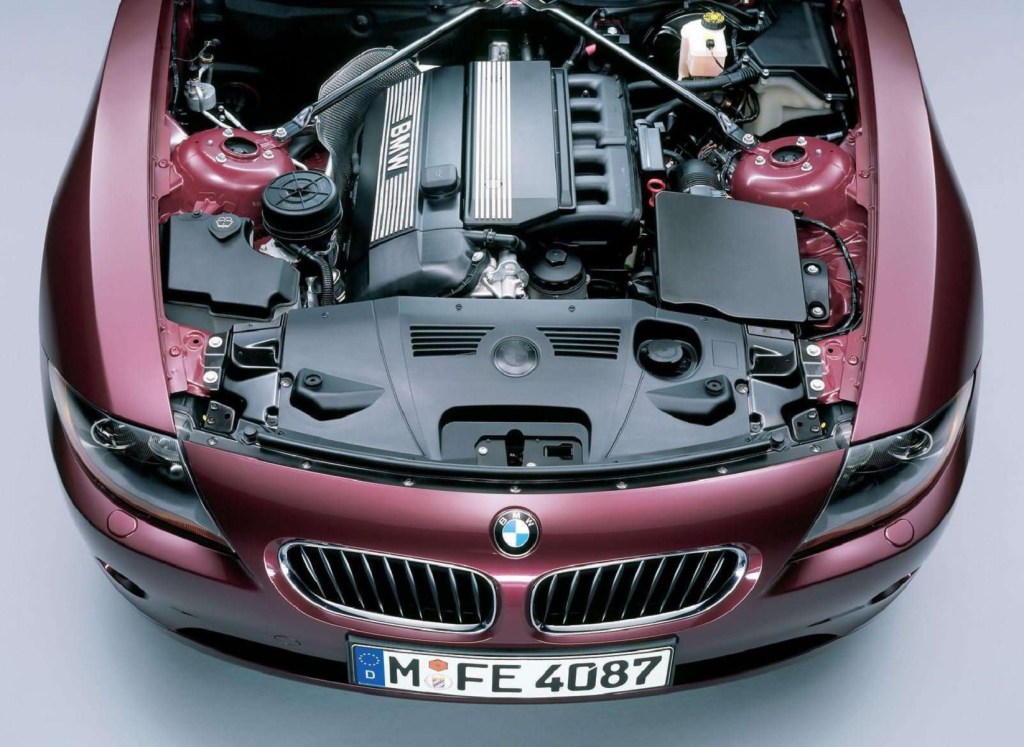Common Concerns Dealt With by BMW Engine Owners and Exactly How to Solve Them
Common Concerns Dealt With by BMW Engine Owners and Exactly How to Solve Them
Blog Article
Introducing the Intricacies of Next-Generation Power Units: a Deep Study Advanced Engine Designs and Technologies
In the world of auto engineering, the unrelenting search of performance, performance, and sustainability has actually moved the evolution of power systems to extraordinary elevations. As we base on the precipice of a new era in transportation, the complexities of next-generation engine styles beckon us to discover the cutting-edge innovations and advancements that promise to redefine the driving experience. From advanced products that press the boundaries of resilience and weight reduction to innovative turbocharging and turbo charging systems that elevate power result to brand-new levels, each part of these power systems holds an essential to unlocking the future of vehicle engineering. Diving deeper into the worlds of discharge control, intelligent engine monitoring systems, and the perspective of power unit growth, we discover ourselves on the cusp of a transformation that assures to improve the landscape of flexibility as we understand it.
Advancement of Engine Materials

The shift in the direction of progressed engine products has actually also enabled designers to develop engines with higher power outcomes while keeping gas efficiency criteria. For instance, using light-weight materials minimizes the general weight of the engine, resulting in boosted fuel economic situation and reduced emissions. In addition, improvements in products modern technology have actually enabled much better thermal monitoring within engines, causing boosted dependability and durability.
Turbocharging and Supercharging Technologies
How do Turbocharging and Supercharging Technologies revolutionize engine efficiency and effectiveness in modern lorries? Turbocharging and turbo charging are technologies that significantly boost engine performance by increasing the amount of air consumption into the burning chamber. Turbocharging achieves this by making use of a wind turbine driven by exhaust gases to pressurize the intake air, while supercharging makes use of a belt- or chain-driven compressor to accomplish the very same impact.
These technologies allow smaller sized, more fuel-efficient engines to generate power equivalent to bigger ones, known as downsizing. By requiring even more air into the cyndrical tubes, turbo charging and turbocharging enhance burning efficiency, resulting in raised horse power and torque result without a considerable increase in engine dimension. This causes far better acceleration, pulling capacity, and general driving performance.
Additionally, supercharging and turbocharging add to boosted fuel effectiveness by enabling the usage of smaller engines that take in much less gas under typical driving problems - bmw engine. This mix of enhanced performance and effectiveness has made turbocharging and supercharging integral elements of lots of modern-day engine styles
Exhaust Control and Environmental Impact
With boosting global problems concerning air high quality and ecological sustainability, the implementation of exhaust control technologies in cars plays a crucial role in decreasing unsafe toxins launched right into the ambience. Modern vehicles are geared up with advanced exhaust control systems that help reduce the environmental impact of automobile operations. Catalytic converters, for example, are made to transform toxic gases such as carbon monoxide, nitrogen oxides, and hydrocarbons right into much less unsafe substances like co2 and water vapor.
In addition, advancements in engine technology, such as the integration of exhaust gas recirculation systems and careful catalytic decrease, have considerably added to lowering exhausts. These technologies operate in tandem to optimize burning performance and lessen the release of hazardous contaminants into the air. Additionally, the growth of crossbreed and electric vehicles stands for a crucial step in the direction of lowering the total environmental footprint of the transportation sector.
Intelligent Engine Monitoring Solution

Moreover, these systems enable lorries to satisfy strict exhausts requirements without compromising efficiency, providing an extra eco-friendly driving experience. The combination of expert system and artificial intelligence capabilities in engine administration systems continues to press the boundaries of what is possible, leading to additional improvements in effectiveness, integrity, and overall automobile performance. bmw engine. As automobile innovation advancements, smart engine monitoring systems will play an essential function in shaping the future of transport towards a much more efficient and sustainable direction
Future Trends in Power System Development
As smart engine management systems pave the method for boosted control and optimization in modern-day cars, future patterns in power system advancement are positioned to redefine the landscape of auto propulsion technologies. Among the crucial fads driving innovation in power unit advancement is the shift towards electrification. With a raising concentrate on sustainability and reducing carbon emissions, hybrid and electric powertrains are becoming a lot more common in the auto sector. These alternative source of power use enhanced effectiveness and performance while straightening with rigorous environmental policies.
One more significant trend is the assimilation of innovative materials and manufacturing methods. Lightweight materials such as carbon fiber and aluminum are being made use of to minimize general car weight, enhancing gas performance and efficiency. Furthermore, improvements in 3D printing and additive manufacturing are enabling the manufacturing of intricate engine elements with higher accuracy helpful hints and toughness.
In addition, expert system and maker knowing are playing an important role in enhancing power unit efficiency. These technologies permit real-time monitoring and flexible control, resulting in extra effective and reputable power distribution. In general, future fads in power system growth are geared in the direction of performance, performance, and sustainability, driving the vehicle market towards a new age of propulsion modern technologies.

Final Thought
Finally, the improvements in engine products, turbocharging, exhaust control, and intelligent administration systems have actually led the way for next-generation power devices. These technologies have not only enhanced efficiency and effectiveness yet likewise minimized ecological impact. As innovation proceeds to evolve, future trends in power device development are likely try this site to concentrate on further improving sustainability and maximizing power result. The complex designs and technologies in contemporary engines showcase the recurring development of auto modern technology.
Exploring the dynamic developments in engine products has been critical in boosting the performance and performance of modern-day engines. Over the years, the evolution of engine materials has actually played a crucial function in pressing the limits of what engines can accomplish.The shift in the direction of advanced engine materials has actually also allowed designers to design engines with higher power results while preserving fuel performance standards.The execution of intelligent engine management systems in contemporary automobiles has reinvented the method engines are regulated and enhanced for efficiency and efficiency. By accumulating data in real-time and examining it with sophisticated algorithms, smart engine monitoring systems can adapt to driving styles, ecological factors, and engine wellness to maximize power output while lessening fuel usage and emissions.
Report this page